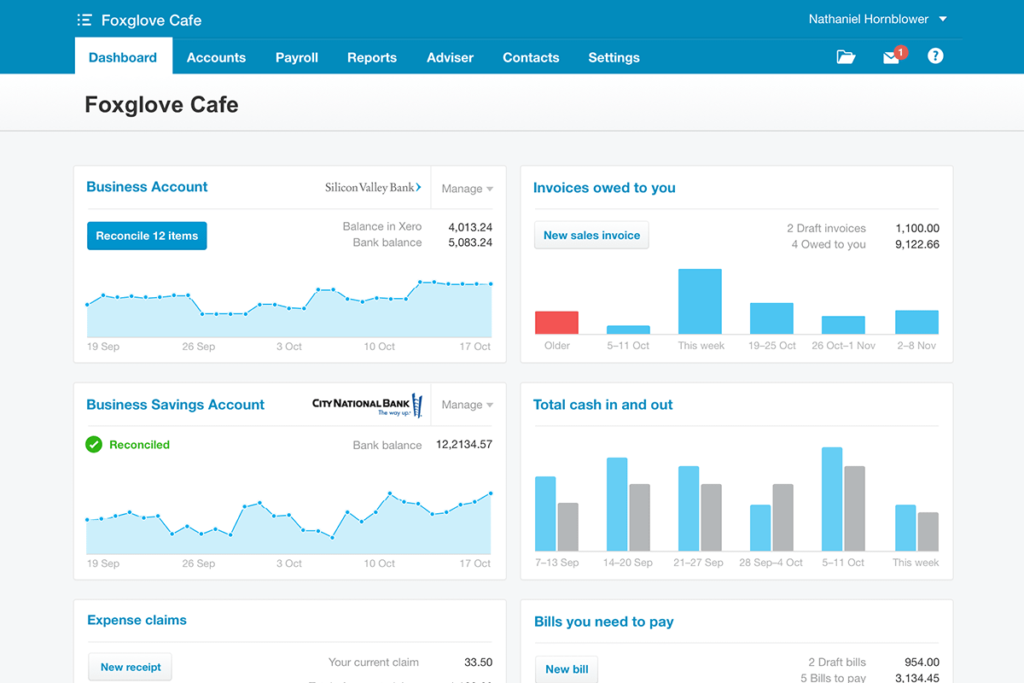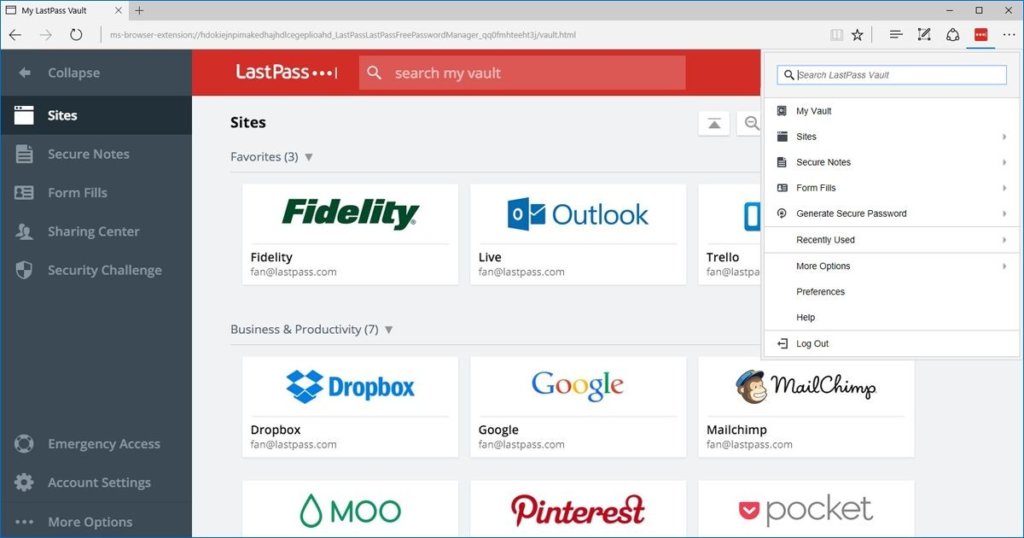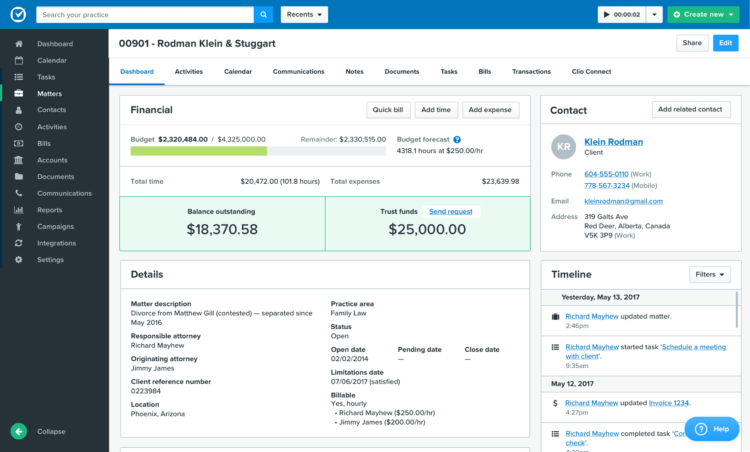The right legal technology is the great equalizer for many law firms, helping them run more efficiently, satisfy clients better, research cases faster, tackle tasks more easily, and maintain an output that’s competitive with larger firms. Legal technology can also give your staff the ability to work remotely and have flexible work hours.
But, with so many tech solutions to choose from, it can be difficult to know what will work best for your firm.
Below, we’ve outlined tips for choosing tech that’s compatible with your law firm’s needs, the benefits of technology for law firms, and the essential legal technology solutions to keep your law firm running like a well-oiled legal machine—wherever and however you work.
How to choose the right technology for your law firm
At any law firm, new technologies should be implemented carefully and thoughtfully. Before you start assessing solutions and making choices, consider the following:
Put problems first
Patrick Palace and Jordan Couch of Palace Law in Tacoma, Washington stress that, in order to find the right tech solutions, you need to be clear about the problem you’re looking to solve. As Jordan explains:
Tech is not the first step, tech is the second step. The first step is establishing a clear vision of the process that you want to accomplish, and then tech comes in as the tool, or set of tools, that can be used to accomplish that more efficiently. I think lawyers often jump onto tech hoping for an answer, and that just leads to more, bigger problems. You have to have the process clearly delineated, and then it’s best to add in tech solutions for efficiency and effectiveness.
Make sure your chosen tech will actually work for your firm
Ask vendors plenty of questions to verify that the tech solutions you’re considering are a good fit for your firm. Gather input from multiple stakeholders within the firm to ensure that the product is intuitive, and that it actually streamlines operations—the newest, shiniest tool in the world is worthless if your staff won’t use it. Keep in mind that the technology you need can vary depending on the size of your law firm, too. Legal software for small law firms will cater to different needs than, say, software targeted at a global law firm. Check out legal software lists and reviews to make sure your tech will meet your firm’s needs.
Make sure it’s secure
In more and more states, lawyers have a duty of technology competence—a responsibility to “keep abreast of changes in the law and its practice, including the benefits and risks associated with relevant technology.” Combine that with a duty to keep client data safe and confidential, and it’s clear that security is incredibly important when choosing technology.
Ask vendors about data encryption, third-party verification of the vendor’s security measures, and geographical redundancy (i.e., multiple servers to make sure your firm’s data is always backed up).
Get more tech advice from our list of 8 Legal Tech Tips for Law Office Administrators.
How technology can make your law firm more efficient
According to the 2019 Legal Trends Report, lawyers spend less than 3 hours per day on billable tasks. Where does the non-billable time go? Office administration, generating and sending bills, configuring technology, and collecting payments are all tasks that, combined, eat away 48% of time that could otherwise be spent on billable tasks, according to Clio’s 2017 report.
The right technology can help. Here’s how:
- Automation. Automating time-consuming tasks such as client intake saves your staff time and makes for a smoother client experience.
- Integrated systems. The best tools integrate directly with each other. You’ll never have to key in important data twice, or waste time in multiple systems. A legal phone system is one example of technology that can integrate with your legal practice management software.
- Access from anywhere. With the rise of cloud computing, lawyers can now access their practices from anywhere, so you can practice whenever and wherever you’re most efficient.
- Better collaboration. With tools like cloud-based law practice management software, all key matter information is in one place, and anyone can work on a matter together—even if they’re working in different offices.
- Streamlined payments. The Legal Trends Report also found that lawyers who accept online credit card payments get paid 39% faster than those who do not. In other words, with the right credit card processor, technology gets you paid faster.
You may like these posts
Essential technology for law firms: 15 must-have solutions
If you’re not sure where to start when it comes to choosing tech for your law firm, here’s a list of our favorite picks:
1. Office 365: For running your office
If you’re using any technology in your law firm, it’s likely office productivity software (OPS). Encompassing word processing, spreadsheets, presentation software, and email, productivity suites provide—at the bare minimum—the functionality that you need to succeed in the world of business.
After years of running locally installed versions of Microsoft Office, many law firms are starting to embrace Office 365, which offers the same functionality as the original suite, but with the flexibility and accessibility of the cloud.
2. Clio Grow : For managing your client relationships
In this day and age, managing relationships with a growing roster of clients and prospects is more complex than just maintaining a Rolodex. As a result, an increasing number of solutions are emerging to help firms manage the client journey.
Clio Grow is designed specifically for law firms, simplifies the process of tracking your client from first meeting to retention. With robust form building, tracking, and more, Clio Grow offers everything you need to effectively manage your prospective clients. The best part? It seamlessly integrates with everyone’s favorite practice management system.
3. Fastcase: For legal research
Fastcase represents the latest evolution of legal research. This area has progressed from physical law libraries, to searchable central databases, to intuitive, intelligent search (think Google for case law).
With an unrivaled scope of coverage, Fastcase puts the entire national law library on your desktop. You’ll have online access to cases, statutes, regulations, court rules, and bar publications, right at your fingertips. Fastcase also includes data visualization and advanced search functions to help searchers identify the most authoritative results sooner. An integration with Clio means customers can also automatically track time spent on case research, capturing every billable moment. With 500,000 customers and counting, Fastcase is quickly becoming the authority on legal authority.
4. HotDocs: For legal document assembly

With both cloud and desktop options, HotDocs offers a best-in-breed document automation option for law firms of any size. Covering everything from standard correspondence to complex wills, trusts, and contracts, HotDocs dramatically reduces the time it takes to generate documents. It also improves the quality of your legal documents, by reducing the likelihood of human error.
Want an integrated solution for document generation? Clio also offers an integrated document generation feature that creates engagement letters, contracts, and more based on Merge Fields and uploaded templates.
5. Logikcull: For eDiscovery
In the information age, all document discovery is now eDiscovery. From social media, to the Internet of Things, to Word documents, to email, there’s an ever-expanding world of electronic data that must be indexed, sorted, searched, and reviewed. While large platforms like Relativity exist to serve the Biglaw market, Logikcull has emerged to provide small-to-medium-sized law firms with a self-service, fully automated eDiscovery platform.
With bulk document uploading, search, download, and review functionalities available from a fully cloud-based interface, small firm attorneys can make the dreaded document dump a thing of the past.
6. ScanSnap ix500: For scanning
As much as the business world in general—and the legal world in particular—swims towards going paperless, the fact remains: Into each law firm, some paper must fall.
But, your firm doesn’t have to get buried in paperwork just because someone else doesn’t share your modern ideals.
To that end, the Fujitsu ix500 scanner helps you process paper without keeping it on hand. With the Fujitsu ix500, you can scan any document in high resolution wirelessly to a Mac, PC, Android, or iPhone. And, with the ScanSnap/Clio integration, you can even scan documents and file them directly to the appropriate matter—all without ever touching a single cable.
7. Xero: For law firm accounting

You’re a lawyer, not an accountant—but to run a successful business, you still need to manage your finances efficiently and effectively. The latest generation of cloud accounting solutions provides all the features of a full-time accountant at a fraction of the cost, including payments, invoicing, bank reconciliation, cash flow management, and expense claims.
Xero is no exception. It also integrates directly with Clio, ensuring your invoices, contacts, and payments are automatically synced to your practice management system, with no duplicate entry required.
Still apprehensive about managing your accounting internally? There are full-service Xero partners who have a roster of helpful accountants and a solo and small firm pedigree to take your financial management to the next level.
8. Todoist: For legal task management
Using task management software is sometimes a task to manage in and of itself—but this isn’t the case with Todoist, a deceptively simple task-planner app. With recurring tasks, subtasks, and calendaring, Todoist offers everything a law firm needs to stay on top of deadlines and requirements. And, with a Gmail plugin, Chrome plugin, and mobile app, adding tasks is always just a click or a tap away.
As an added bonus, Todoist supports natural language entries (i.e., “Pick up dry cleaning next Monday”), meaning you won’t have to keep referring to a calendar when trying to schedule.
9. Clio Payments: For payment processing
Is your law firm still using check-based payments? Consumer behavior is tipping in favor of the convenience and speed of credit card payments. According to the 2021 Legal Trends Report, 66% of consumers surveyed expect law firms to accept online payments such as credit, debit, and eCheck.
But not all payment processors are created equally—law firms, in particular, must remain cognizant of compliance issues around handling trust payments and fund separation.
Clio Manage enables you to automate and simplify admin work so you can focus on what matters most to you—your clients and your practice. Its built-in payments solution (known as Clio Payments), enables you to take it a step further and make it easier for your clients to pay their bill. Similar to the way your clients pay bills in their everyday life, they can now pay you using credit, debit, or eCheck.
Easily send secure click-to-pay links in your bills or on any client communication, allowing them to pay online, saving them a trip to the bank and to your office. Research has shown that 57% of electronic payments to lawyers get paid within the same day they are billed, and 85% get paid within a week. Payments made through Clio get automatically recorded to your client’s account and synced with your ledger. Payments can be made to your trust or operating accounts, and in the back-end, Clio handles it all to ensure you remain compliant with Trust Accounting rules.
Clio Payments is included with all Clio Manage subscriptions, has one rate for all cards, $2.00 eCheck, and no hidden fees.
Learn more about Clio Payments.
10. LastPass: For password management

With great technology comes great responsibility, and a lot of passwords. And, if you’re adhering to password best practices, you’re using a unique password for each of the solutions suggested here … right?
To keep track of your logins, you’ll probably want a password manager like LastPass. With a browser extension and mobile app, you can easily and automatically sign into apps or websites with LastPass. You can also store payment information, personal notes, and more—all fully encrypted and completely inaccessible to anyone other than the account administrator.
LastPass also offers a security audit tool that measures the security of your stored passwords and master password, and then compares these to the security of all LastPass users.
If you’re concerned about maintaining security for all of your online solutions (and you should be), a password manager is an absolute necessity. LastPass checks all the boxes, and then some. Also, it’s free.
11. Vonage Business: For making phone calls
In the era of tweets, texts, snaps, emails, and Facebook messages, sometimes the best way to communicate with someone is still through a good, old-fashioned phone call. Vonage for Business offers the functionality of landlines, along with 40 other useful features including a virtual receptionist, automatic call forwarding, conference calling, and more. Also, the cloud-connected functionality means you can access your unique work phone line anywhere you have an internet connection.
Bonus: Vonage integrates with Clio, meaning calls to your law firm line are automatically logged against Clio contacts with a matching phone number. Time entries can even be generated based on billing rates for those clients, so you’ll never forget to bill a phone call again!
Learn more about Vonage for Business here.
12. Ruby: For client service
Solo attorneys frequently mired in both legal and administrative work may not always be able to give incoming calls the attention they deserve. Staff may help, but many small firms don’t have the workload or budget to hire a full-time receptionist. This is where quirky answering service Ruby comes in.
Ruby’s professional and friendly staff manage inbound and outbound calls, provide detailed call records and messages, and take care of client intake. From your end, you can monitor everything from a slick mobile app.
Stop missing calls and losing opportunities, and put Ruby to work for your law firm today. You may never need to hire a full-time receptionist again.
13. Zapier: For tying it all together
Like the staff in your firm, your software functions better when it works together—this is where Zapier comes in. Using Zapier, law firms can automate repetitive tasks by ensuring that the apps they use in their day-to-day workflow exchange relevant information.
You don’t need a computer engineering degree to make this work, either: Simply create a Zapier account, select the apps you use in your firm from a list of over 400 (and growing), and Zapier presents a list of Actions and Triggers for each relevant application.
Want to create a new task in Todoist whenever you receive an email from a specific client? Zapier can do that for you. Maybe you’d like a new time entry created in Clio when you create a calendar entry in Outlook? Zapier can do that, too. The possibilities are endless and setup is painless. You’ll be able to brag to your friends about your programming prowess after automating your way through some of the more time-consuming tasks that tie your firm down.
14. Clio: For full-featured practice management

Behind every great law practice is powerful law practice management software. If you’re looking for the best, Clio is the obvious choice. With cloud and mobile functionality, Clio gives you secure access to your firm’s information and management tools—anywhere, anytime. You’ll spend less time on administrative tasks like time tracking, matter management, and invoicing, leaving more time to spend on billable work.
Clio integrates with many of the other apps on this list (we have over 200 integration partners in total), which means you can run your entire practice from one place. If your law firm is a body, Clio is the nervous system, simplifying and streamlining the multiple moving parts that make today’s law firm successful.
We published this blog post in June 2018. Last updated: .
Categorized in: Business, Technology
Clio Duo is Coming Soon
Meet Clio Duo, the AI-powered partner you've been waiting for. Be among the first to see it in action.
Notify me when Clio Duo is ready








